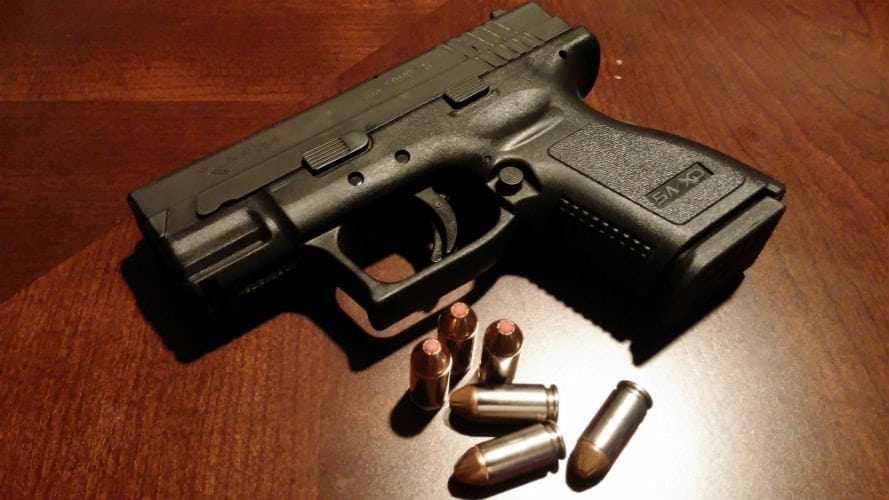The future of gun ownership could look very different if manufacturers are incentivized to produce firearms with built-in smart technology. Advancements already exist which enable gun owners to link their fingerprints or other biometric data to their weapons, effectively eliminating the possibility of anyone else discharging it. This innovation could dramatically reduce the number of accidental firearm-related deaths and decrease crimes perpetrated with stolen weapons. Combining biometric coding with database advancements like blockchain could further reduce the impact of gun-related violence.
Blockchain isn’t just for cryptocurrency anymore, as applying the new technology to firearms could reduce gun-related injuries and help streamline the background check system currently in place. Despite the advantages, many lawmakers and lobbyists are against it and the public seems wary of Big Brother tracking their guns.
Thomas Heston, public health professor at Washington State University, is hoping to build support for the idea of a blockchain-based database for tracking firearms. The concept is straightforward; link the gun owner’s information to an electronic safe and tie that information to the individual’s fingerprint or other biometric data. When the gun is moved from one safe to another, the data would be distributed and recorded in a blockchain database. Tracking where the gun is stored and who has it in their possession would enable manufacturers to clearly identify their inventory as well as where their products are distributed.
Surprisingly, policymakers and the NRA seem largely opposed to the implementation of smart gun technology. Their reluctance may have something to do with New Jersey’s Childproof Handgun Law of 2002. The law states: “The legislature determines that it should enact legislation designed to further enhance firearms safety by requiring that, within a specified period of time after the date on which these new personalized handguns are deemed to be available for retail sales purposes, no other type of handgun shall be sold or offered for sale by any registered or licensed firearms dealer in this State.” The law was initially intended to foster public safety and encourage the development of personalized handguns by manufacturers. It seems to have had the opposite effect, essentially stopping production of smart guns throughout the country. People want options and the inability to purchase an old-fashioned firearm seems to tread on the American will to maintain unrestricted access to their Second Amendment rights. Phil Murphy, New Jersey’s current governor, hopes to have the 2002 law repealed as quickly as possible to stimulate growth in the safe gun market.
Is IoT-enabled weaponry the wave of the future or another form of gun control? The debate is ongoing, but arms manufacturers and gun safety enthusiasts are optimistic about the prospects of this long overdue advancement.
By Patricia Miller










